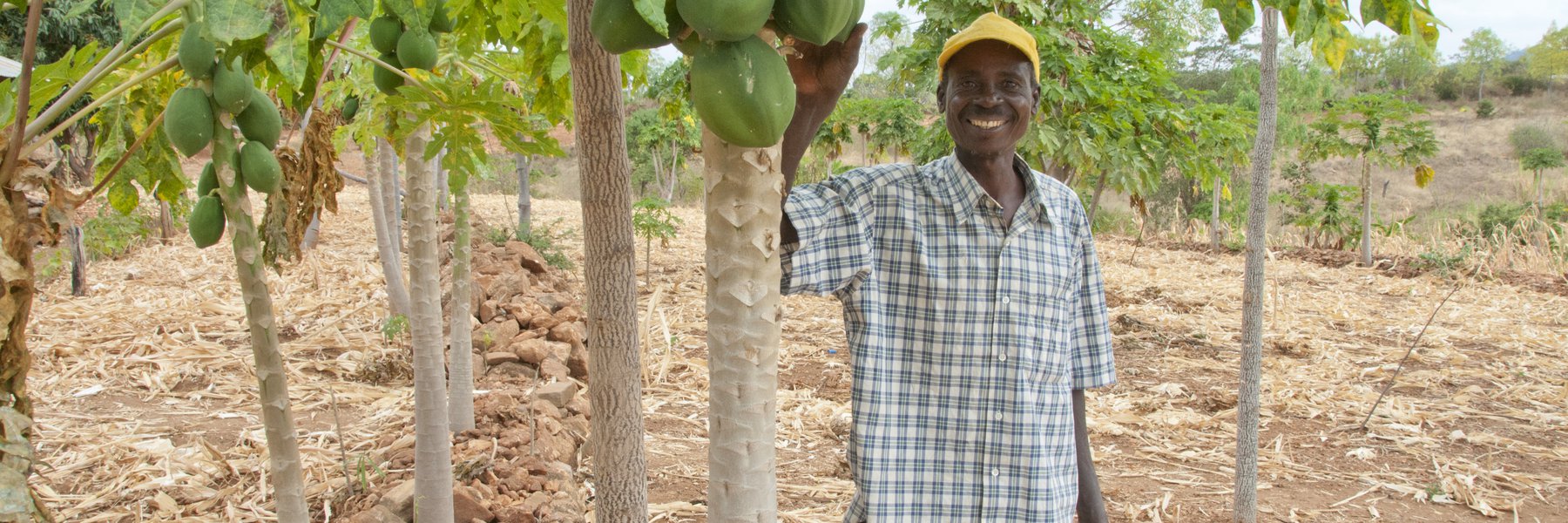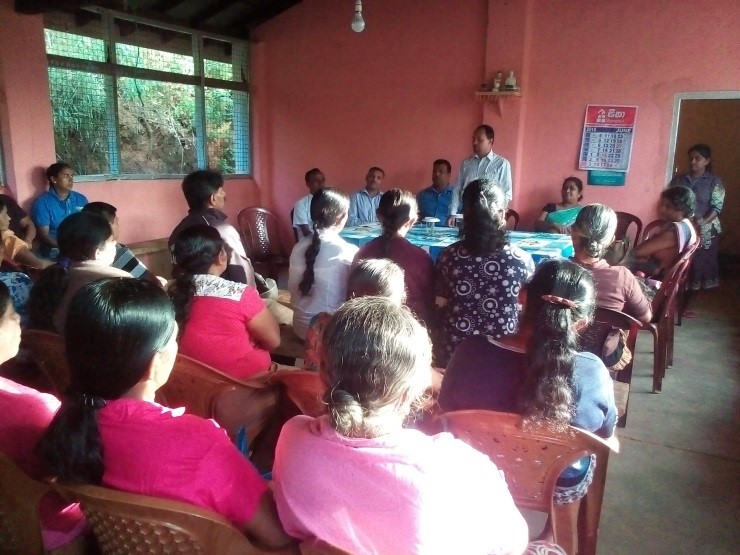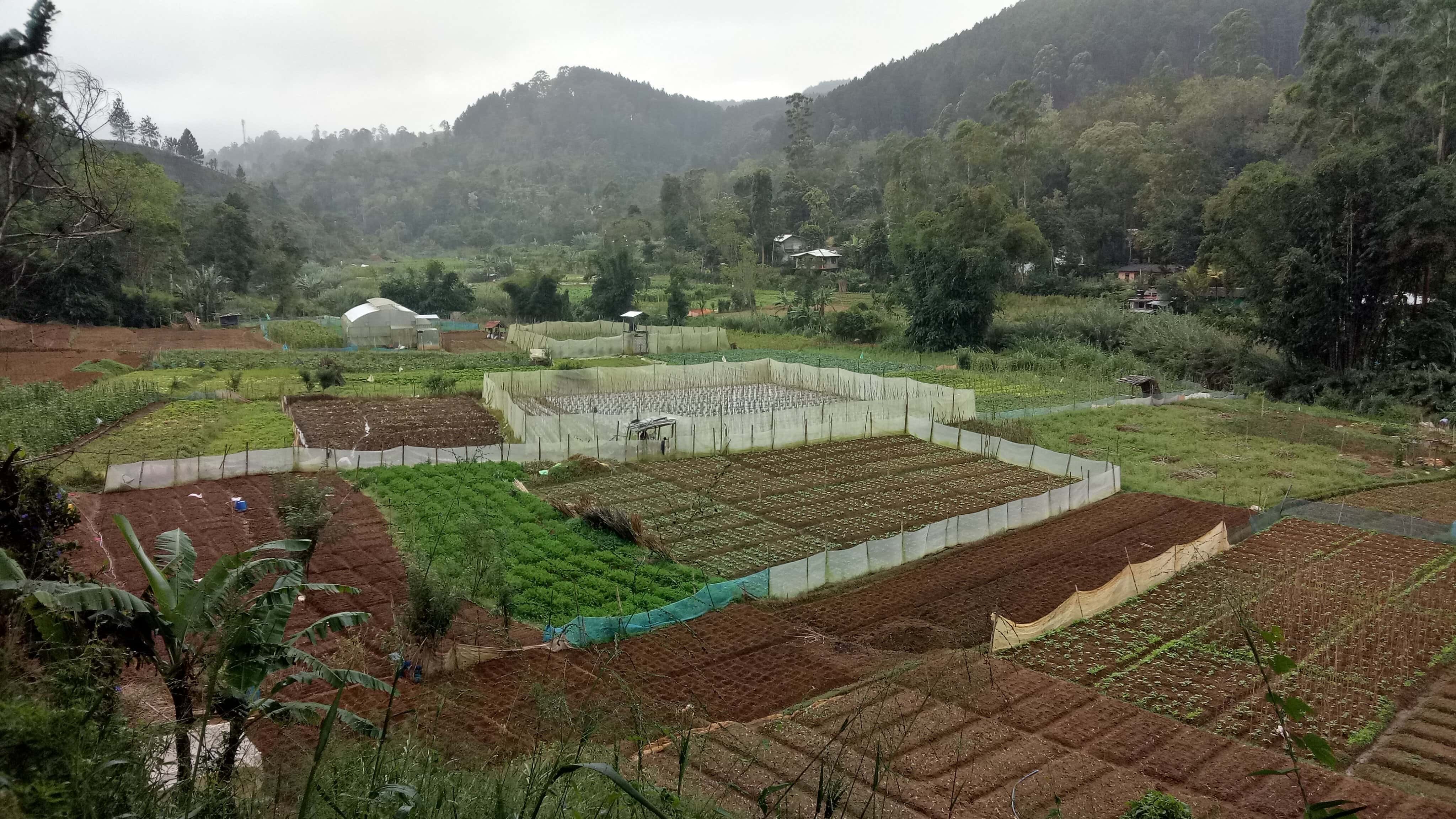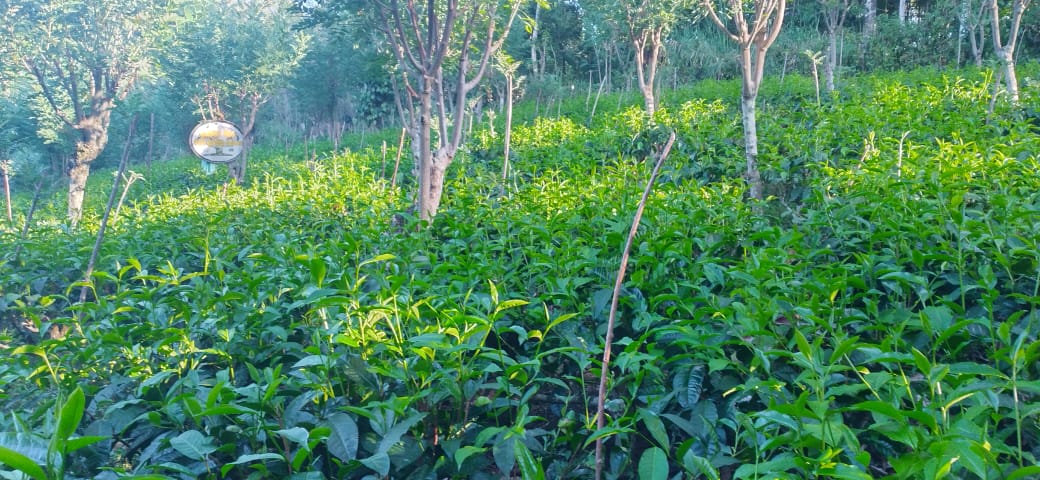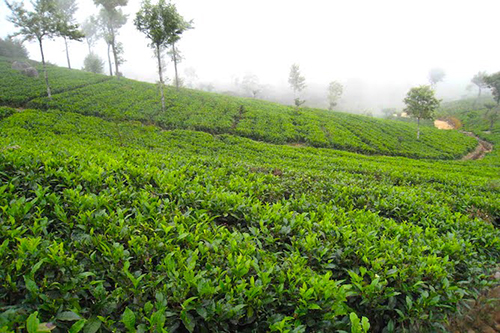The micro watershed based participatory approach for land use planning is a systematic and interactive process that primarily focuses on the optimal allocation of village land resources according to needs and demands of the people while promoting sustainable land management. Key features of this approach are the multi-sectoral coordination, multi-stakeholder engagement and the active participation of land users throughout the participatory land use planning process.

